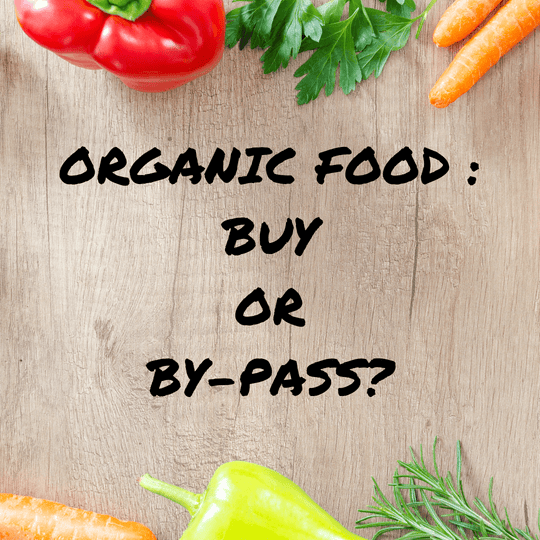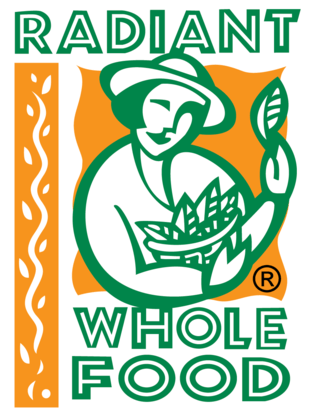
May 20 , 2020
Organic Food: Buy or bypass?
Organic Food: Buy or bypass?
Many factors may influence your decision to buy — or not buy — organic food. Consider these factors:
Nutrition:
Research indicates that organically grown fruits and vegetables are more nutritious than those grown with pesticides and chemical fertilisers.
Quality and appearance:
Organic foods meet the same quality and safety standards as conventional foods. The difference lies in how the food is produced, processed and handled. You may find that organic fruits and vegetables spoil faster because they aren't treated with waxes or preservatives. Also, expect less-than-perfect appearances in some organic produce — odd shapes, varying colours and perhaps smaller sizes. In most cases, however, organic foods look identical to their conventional counterparts.
Pesticides:
Conventional growers use pesticides to protect their crops from moulds, insects and diseases. When farmers spray pesticides, this can leave residue on produce. Some people buy organic food to limit their exposure to these residues. Most experts agree, however, that the amount of pesticides found in fruits and vegetables does pose health risk especially if taken for prolonged periods.
Environment:
Some people buy organic food for environmental reasons. Organic farming practices are designed to benefit the environment by reducing pollution and conserving water and soil.
Cost:
Most organic food costs more than conventional food products. Higher prices are due to more expensive farming practices, highly dependent on weather conditions, tighter government regulations and lower crop yields. Because organic farmers don't use herbicides or pesticides, many management tools that control weeds and pests are labour intensive. For example, organic growers may hand weed vegetables to control weeds, and you may end up paying more for these vegetables.
Taste:
It is said that if one had been on a clean diet and on less flavoured food, one would be able to taste the natural goodness of food. However, taste is a subjective and personal consideration, so decide for yourself. But whether you buy organic or not. Look out for fresh produce, least adulterated food and minimally processed.
Buying tips for Organic and Natural food.
Whether you're already a fan of organic foods or you just want to shop wisely and handle your food safely, consider these tips:


Also, try to buy your produce the day, it's delivered to market to ensure that you're buying the freshest food possible.
Read food labels carefully:
Just because a product says it's organic or contains organic ingredients doesn't necessarily mean it's a healthier alternative. Some organic products may still be high in sugar, salt, fat or calories.
100 percent organic:
Products that are completely organic or made of ALL organic ingredients.
Organic:
Products that are at least 95 percent organic.
Made with organic ingredients:
These are products that contain at least 70 percent organic ingredients. The organic seal can't be used on these packages.
Don't confuse natural foods with organic foods:
Natural foods could be just grown without pesticides or chemical fertilizers and cannot be claimed as organic. It has to be grown organically according to organic standards and certified by a recognized certifying body. Always look out for the certification logo and the license number. Just mention on the label that it is certified is insufficient.
Wash all fresh fruits and vegetables thoroughly with running water to reduce the amount of dirt and bacteria:
If appropriate, use a small scrub brush — for example, before eating apples, potatoes, cucumbers or other produce in which you eat the outer skin.
If you're concerned about pesticides, peel your fruits and vegetables and trim outer leaves of leafy vegetables in addition to washing them thoroughly:
Keep in mind that peeling your fruits and vegetables may also reduce the amount of nutrients and fiber. Some pesticide residue also collects in fat, so remove fat from meat and the skin from poultry and fish.
Happy, Safe Shopping!











